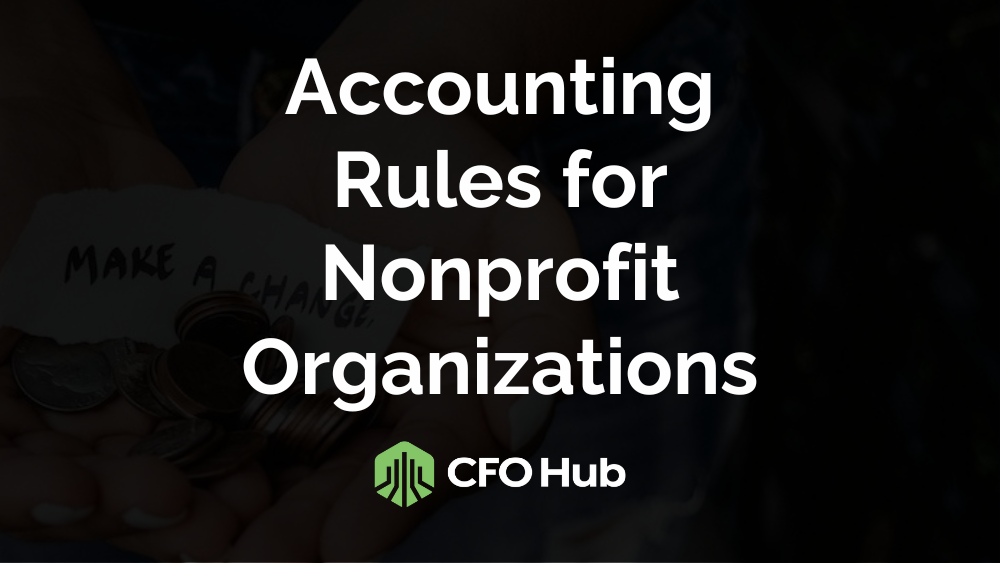Nonprofits need knowledgeable accountants to meet their mission statements. However, for those outside the profession, it’s not always clear which accounting rules nonprofits need to follow. This article looks to answer that question. Keep reading to learn more.
Reporting Compliance
The first accounting rules nonprofits need to follow are those set by the Internal Revenue Service (IRS). If a nonprofit has less annual revenue than $200,000 and assets valued at under $500,000, they can file a Form 990-EZ or Form 990. Nonprofits with annual revenues of $500,000 or more must file a Form 990.
Transparency and Disclosures
Nonprofits also have accounting practices they use to disclose important information to the public.
For example, they may not be allowed to accept donations from certain categories of people or institutions and may choose to prove that they’re abiding by those rules by publishing a list of donors. They may also need to publicly differentiate between restricted and unrestricted donations.
That being said, the specific rules a nonprofit needs to follow can vary based on its purpose.
Audit and Review
Some nonprofit organizations also choose to go through voluntary auditing and financial reviews. For example, a nonprofit may ask an independent organization to review its financial statements to ensure the organization is complying with all relevant accounting standards.
A nonprofit can only be effective if potential donors, partners, and regulators view it as credible and trustworthy. External audits help with this by reassuring all stakeholders that the nonprofit is operating with financial integrity.
Grant Accounting
Finally, nonprofits may also need to follow a variety of rules around the grant funding they receive. When an organization or large single donor gives a grant to a nonprofit, they typically do so with stipulations. For example, the funds will often need to be spent on a specific project.
Grant accounting is the process of adhering to these conditions. It essentially means tracking the utilization of grant funds across time and then reporting back on the impact that those funds have had. This helps donors see that the money they contribute is being spent according to their wishes.
Don’t Get Bogged Down in Accounting Work
As a nonprofit leader, you want to be a force for good in the world. However, the amount of time you can spend pursuing that goal can be greatly diminished by administrative financial work. Nonprofits can even have more of this paperwork to get through than for-profit businesses because of rules around grants and charitable spending.
However, there’s no reason you need to do all of this work on your own. You can hire an external accounting team to support you instead. The experts can take care of your finances for you so that you get to spend more of your time focusing on doing good.
CFO Hub’s back-office support and accounting services could be just what you need to open up your schedule. Get in touch with us for a free consultation today and we’ll tell you more about how we can help.
Mark is an accounting and finance professional with over a decade of experience in public accounting and consulting. As both an accountant and entrepreneur, he is passionate about helping clients strategically organize and grow their businesses to reach their goals.
Visit Mark's Expert Hub to learn more about his experience and read more of his editorial content

